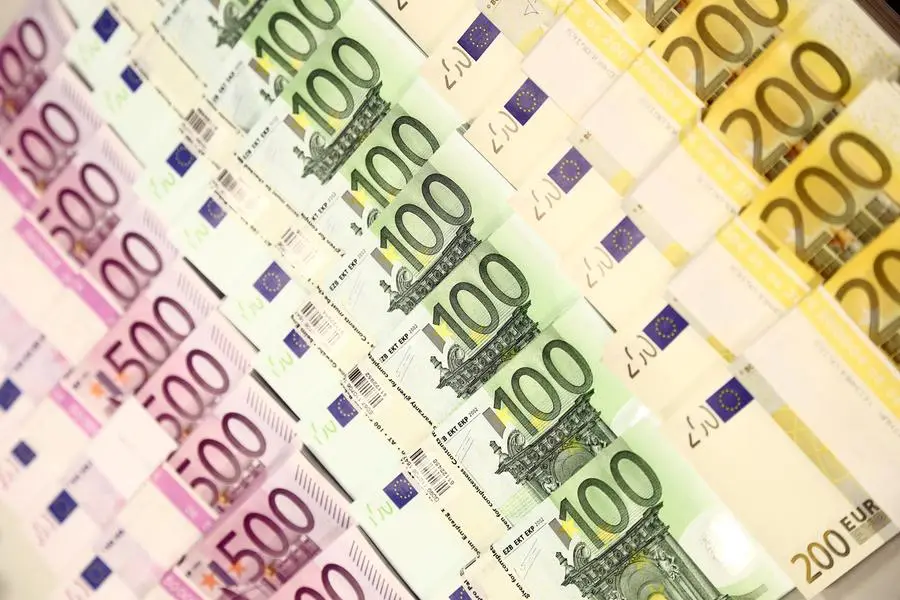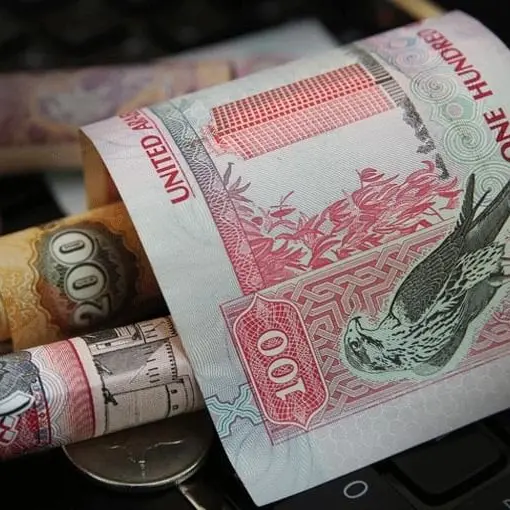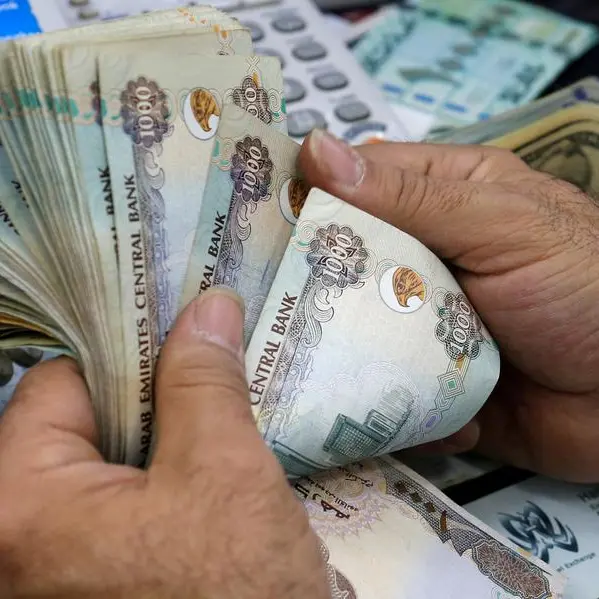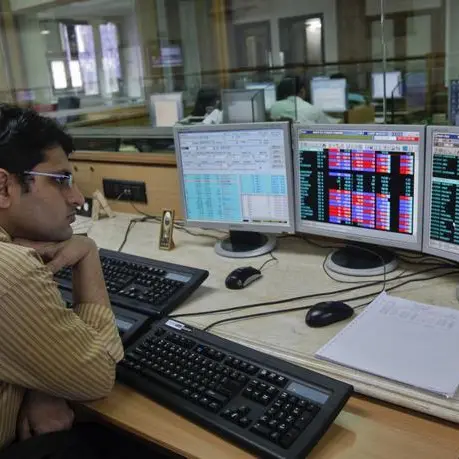PHOTO
LONDON - European government bond yields largely traded near multi-week lows on Monday, as the market remained propped up by investors' anticipation that central banks will hike interest rates less aggressively and fears of slowing economic growth sent investors to safer assets.
Germany's 10-year government bond yield, the benchmark for the euro zone, was trading at 2.03%, up 1 basis point. It dipped below 2% briefly last week, its lowest since early October, and has fallen from an 11-year high of 2.53% reached on Oct. 21.
Italy's 10 year bond yield was 3.95%, up 5 basis points but still not far from Friday's two-month low of 3.87%.
Falls in Italian yields have been outpacing German ones, and so the spread between the yields on the two countries' 10-year bonds tightened to 184.5 basis points (bps) in early trade, its lowest since May.
"I think we'll continue to see yields drift lower this week," said Antoine Bouvet, senior rates strategist at ING.
"European PMIs are likely to indicate a slowing economy, this week's FOMC minutes are likely to come across more dovish than the very hawkish tone in (Fed Chair Jerome) Powell's press conference after the meeting, and the China COVID news, on balance, increases risk aversion, and so pushes yields lower."
Powell said in a press conference after the central bank's rate setting FOMC meeting in November that even if the pace of interest rate increases slowed, further rises were necessary.
While that meeting predated market-moving October inflation figures, its minutes, released on Wednesday, will still be closely read by investors.
U.S. Treasury yields have come down since that data showed U.S. consumer and producer price pressures for October easing, driving speculation the U.S. Federal Reserve may slow its aggressive pace of rate hikes.
The euro zone flash purchasing managers' index (PMI) is also due on Wednesday.
China is fighting numerous COVID-19 flare ups, from Zhengzhou in central Henan province to Chongqing in the southwest as well as in the capital Beijing, which have also jolted share markets and sent currency traders to the safety of the dollar.
The latest wave is testing China's resolve to stick to adjustments it has made to its zero-COVID policy, which calls for cities to be more targeted in their clampdown measures and steer away from widespread lockdowns and testing that have strangled the economy and frustrated residents.
The German 2-year yield was 2.1%, little changed on the day and Italy's two year yield was up 6 bps at 2.7%.
(Reporting by Alun John; Editing by Mark Potter and Emelia Sithole-Matarise)





















